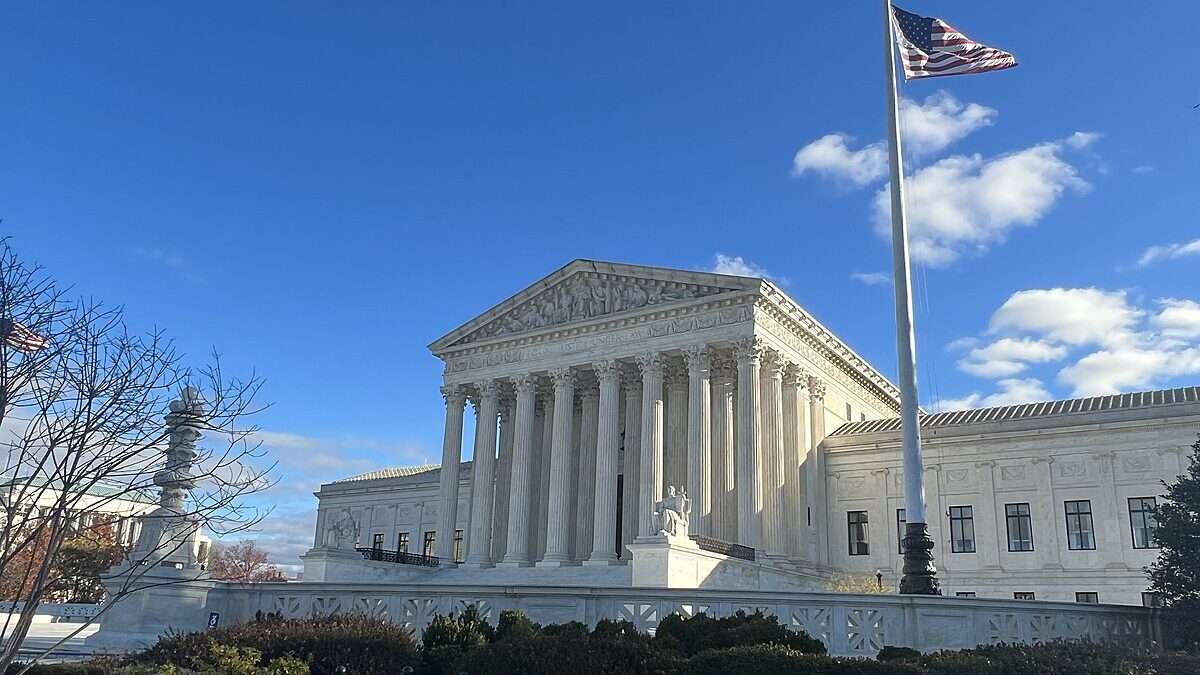When Supreme Court Justice Samuel Alito published his majority opinion in Hobby Lobby this week, social conservatives erupted with joy. Were they wrong to do so?
That’s what several smart commentators are saying. They doubt the significance of the Court’s ruling that bureaucrats cannot force certain business owners to subsidize abortifacient drugs to which they have moral objections. These pessimists raise important points, but I think they are ultimately too gloomy.
Why Some Conservatives Aren’t Thrilled
The Hobby Lobby skeptics are pessimistic because the Obama administration can—and is likely to—respond to the ruling by directly providing the controversial coverage with taxpayer funds. What the state cannot compel individual employers to do, it can simply do itself, through government insurance or subsidies for which taxpayers will pick up the tab.
So it’s fine and dandy that individual pro-life business owners don’t have to directly contravene their principles, the pessimists say. But this merely shifts the burden onto the populace writ large. All taxpayers, including millions of pro-life Americans, are still forced to facilitate the practice that offends them. To help Hobby Lobby escape its direct moral bind, all social conservatives have been snared in indirect moral binds of their own. So much for a big victory.
Among those with this view are Avik Roy—as he expressed in a blog post and an interview on Coffee and Markets—and The Federalist’s own Ben Domemech.
In Any Community, This Is Unavoidable
These critics are right to shed light on the ethical minefield that modern society represents for religious Americans. There is a real moral tension when you’re a taxpayer and your dollars are used to fund practices with which you profoundly disagree. This is a thread that perpetually runs through life in a community. It was a problem that faced 19th-century abolitionists whose tax dollars funded police who helped chase down and imprison black people. It was a problem that faced Quakers and pacifists whose tax dollars funded our participation in massive global conflicts.
And it is a problem that faces pro-life people today, as taxpayer dollars flow freely to abortion providers. Pseudo-fixes like the Hyde Amendment rest on the delusion that money isn’t fungible. They are closer to insults than solutions.
This challenge confronts any member of a community to some degree. In a democratic republic, no citizen will agree with every initiative his or her government takes up. Institutions that take our money and rely on our assent for their legitimacy constantly run afoul of our personal preferences and principles. That’s what it means to obey leaders and abide by laws even when you voted for different leaders and laws. You implicitly condone, and facilitate from a distance, actions you would not perform yourself.
Don’t get me wrong. We are right to try and reduce this ethical burden, especially where the issue at hand is as serious as abortion. It is uniquely cruel to force people to pay for a practice they conclude is infanticide. I strongly oppose any government funding for institutions such as Planned Parenthood. But it bears noting that the fundamental dynamic at play here is one with which every citizen grapples.
Directly Coercing Citizens Is Another Story
Not so with direct coercion. Forcing citizens to personally and proximately violate their own precepts is another matter. Hence why, the more directly a citizen’s action is tied to the thing they oppose, the more offensive we find compelling them to do it. Conscientious objectors are not exempted from paying the taxes that make war possible, but they can be exempted from personally fighting enemy soldiers. Both shooting and paying the taxes that buy the guns ultimately run afoul of their morals, but there is an obvious difference in the proximity of the two acts to the citizen. And we recognize that proximity gap as having real moral importance.
That’s why Hobby Lobby is more than an empty victory. True, it may still result in the tax dollars of pro-life Americans being used—in the aggregate—for something they oppose. But at least it will spare individuals the indignity of being personally compelled to act against their consciences. The ends may be the same, but the means are different, and so are the moral implications. This is nuanced, but it really does matter.
Ben is right—the culture war is far from over. Conservatives must and will keep fighting. Yet part of fighting is knowing when you’ve won. Small and marginal victories for personal dignity and the freedom of conscience are victories nonetheless. On Monday morning, we were right to smile.









